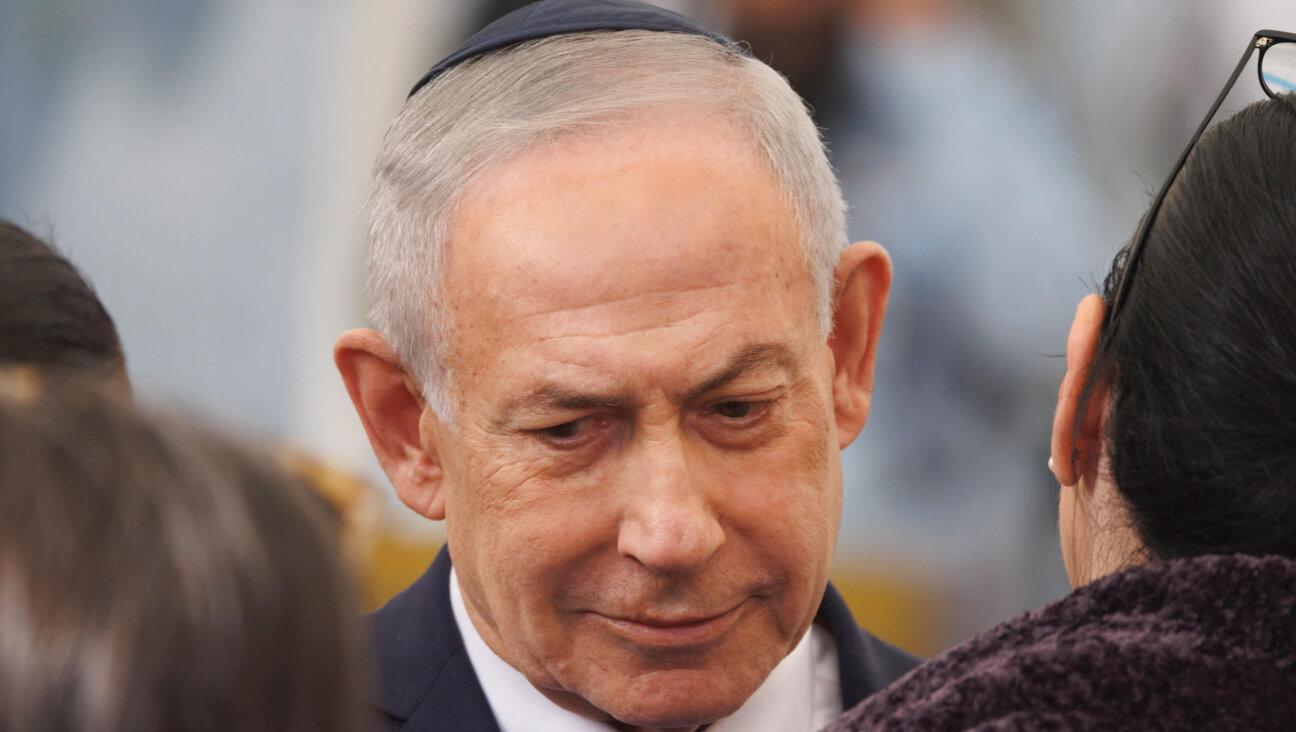For Sderot, Help Is Not on the Way

Graphic by Angelie Zaslavsky
Living near Gaza can be a traumatic experience. Over the past six years, thousands of rockets and mortar rounds have been launched across the border into Israel. On a bad day, every few hours there is a bang, or a number of bangs. One does not know where the next rocket will land.
Now that the six-month truce with Hamas has come to an end, and rocket attacks have picked up, Israelis are once again confronted with the question of how to bring quiet to their border with Gaza. Unfortunately for those who live near Gaza, the Israeli government is unlikely to take the sort of decisive action that would put an end to the rocket fire.
For all the thousands of Qassam rockets that have fallen on Sderot and other communities, relatively few Israelis have died as a result. Indeed, only 16 people have been killed by rockets and mortar fire from Gaza into Israel. In part, the low rate of Israeli fatalities is due to the primitive nature of the rockets — simple metal tubes with fins soldered to them, small warheads and no guidance mechanism whatsoever. In part, it is due to the countermeasures taken by the Israeli army, which have grown increasingly effective. Mainly, though, it is because Hamas does not want things to escalate and get out of hand, hence the very high percentage of rockets that, especially of late, have landed in open spaces without hitting anybody.
Still, the situation is intolerable — and yet it is tolerated. That says something significant about the state of Israeli society. The war with Hezbollah in the summer of 2006 revealed what Israel has become after 25 years of fighting opponents much weaker than itself, first in Lebanon and then in the occupied territories — a weak country with a weak government populated by a people with little appetite for a real fight.
Judging from the fact that the border with Lebanon has now been absolutely quiet for more than two years, there is little doubt that Israel could put an end to the rockets. A major military operation involving both significant land incursions and sustained bombardment would almost certainly make Hamas think twice about allowing Gaza to be used as a launching pad for rockets. Such an operation, however, would take time and might well involve serious casualties. In response, Hamas would likely immediately step up its barrages, targeting cities deeper within Israel with rockets that might reach as far as Beersheba. For this, neither the Israeli government, nor the army, nor the people, has the stomach.
As long as a rocket — God forbid — does not hit, say, a school and cause massive casualties, the situation on the border with Gaza will persist, perhaps interrupted by an uneasy truce or two. And as long as the rocket attacks persist, all parties will keep using the situation, or trying to use it, to their advantage. For the various splinter groups inside Gaza that are responsible for much of the rocket fire, it is a way of justifying their existence. For Hamas, it is a way of asserting its right to lead the Palestinians, and to show that it’s not afraid of confronting Israel, in contrast to President Mahmoud Abbas.
For Iran, which has a large finger in the pie, the attacks are a way of showing the Arab world that Tehran is in charge of the ever-popular struggle against Israel. To various do-gooders around the globe, the situation presents an opportunity to meddle in a faraway country about which they know nothing. Inside Israel itself, the rocket attacks play into the hands of the right. They serve as a powerful argument against further withdrawals from the West Bank and, indeed, against making any concessions to the Arabs in general.
As President Shimon Peres noted recently, had the Palestinians put an end to their follies and shown a modicum of sense they could have had their state, long ago. As long as they do not, and as long as the rockets keep coming without doing too much damage, the present situation will persist — and neither the inhabitants of Gaza nor Israelis living nearby will have quiet.
Martin van Creveld is an Israeli military historian and the author, most recently, of “The Culture of War” (Random House).
















